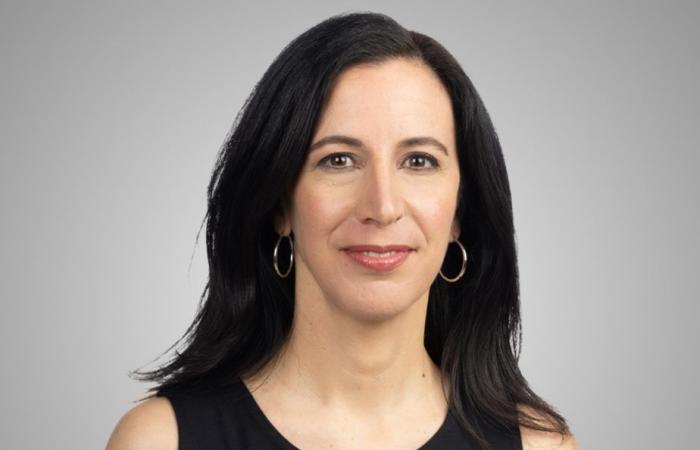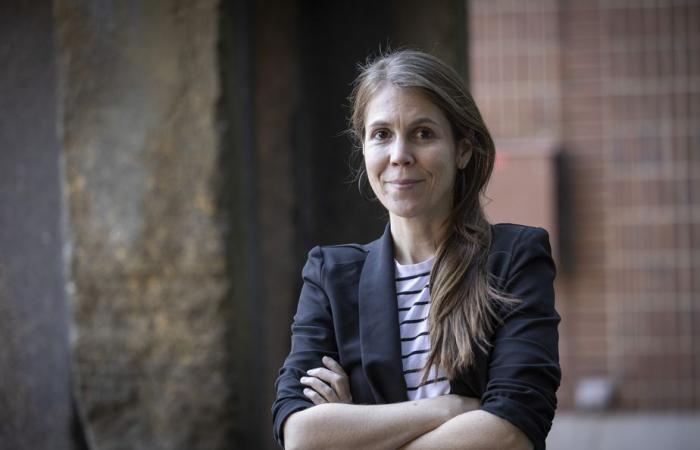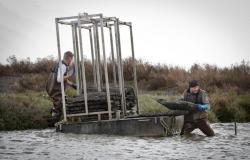I spoke on Saturday about the lack of promotion of the profession of educator which causes a large number of them to leave the early childhood ship to turn to a job that pays more and offers better working conditions.1.
Published at 6:00 a.m.
The data from the Ministry of Families made public by - this week are striking: over the past three years, some 10,000 educators have left their profession in Quebec to work elsewhere. Last year alone, there were nearly 4,000 permanent departures.
This means that every day, on average in Quebec, around 10 people leave their jobs in educational childcare services.2.
Why do they give up? Especially because the government itself seems to have abandoned them by devaluing such an important profession and by undermining the network of early childhood centers.
The first symptom of this lack of consideration is low pay, which makes early childhood education unattractive.
How can we attract qualified educators if they can earn more money for a much less demanding job at a Costco or waitressing? How can we retain them if they can have better working conditions and all summer off by working in the school environment?
Contrary to popular belief on this subject, the work of an educator is no less complex than that of a teacher.
It is wrong to believe that anyone or their neighbor who loves children a little can become a professional educator overnight. This isn’t just about watching little ones while their parents work. Scientific studies prove it: for the impact on the child’s development to be positive, it requires training, pedagogy and specific skills.
PHOTO PATRICK SANFAÇON, LA PRESSE ARCHIVES
Lise Lemay, professor and researcher in the didactics department of UQAM, and scientific director of the Quality of early childhood educational contexts research team
“We talk about early childhood, especially the first three years of life, as being pivotal years because the brain develops at a very rapid rate. It is therefore important to stimulate the child, to offer them varied experiences at this age,” explains Lise Lemay, scientific director of the Quality of Early Childhood Educational Contexts research team.
No, educators are not just babysitters, recalls the professor and researcher in the didactics department of the University of Quebec at Montreal (UQAM).
They are professionals who know what they are doing. They are able to observe the child, improve the educational material offered, plan activities to support the child and take them further, reflect on what works or not, in the same way as a teacher can do it in class.
Lise Lemay, professor and researcher in the didactics department of UQAM
In fact, the work is so complex that some countries require even more advanced university training for early childhood educators.
This is particularly the case in Iceland, which requires five years of specialized university studies, the equivalent of a master’s degree in early childhood education.
Australia, for its part, began to set up postgraduate university programs to compensate for the inadequacies of the initial undergraduate training that was required.
In Quebec, the classic path leading to the qualification is a three-year college program in childhood education techniques. But the labor shortage means that the government is tolerating a dangerously declining ratio of qualified educational personnel, as the Auditor General noted last May3. Which feeds a vicious circle.
We talk about daycare spaces like we talk about parking spaces. We care little about the quality of these places which is in free fall.
At a time when 21% of daycare centers and nearly 60% of daycare centers (subsidized and unsubsidized) fail the Ministry of Families’ quality test, this should nevertheless be fundamental.
Ultimately, everything happens as if we had forgotten that early childhood education was first and foremost… education. Not a business or a convenience store, but a public service. Not a luxury, but a right – the right to education of little ones, which is no less important than that of older children.
To be honest, I never really understood why early childhood educational services were not part of the education system.
Wouldn’t it be desirable if this were so? This would be a solution to consider, provided that we ensure that the pedagogy specific to early childhood, the resources and the voice of toddlers are not swallowed up by everything that concerns school-aged children, believes Lise Lemay.
“Being part of the Ministry of Education would, among other things, make it possible to sustain the financing of services, to receive the social valorization that comes with education, to promote universalism, perhaps even to have more resources to support the children with special needs…”
The European Commission has just published a report on educational quality, co-signed by a Quebec researcher, which makes a recommendation in this sense: abandon the type of system which separates the education of toddlers and that of primary school pupils. school age to promote one in which early childhood, childhood and adolescence are integrated under the aegis of the same ministry, while retaining their own colors and their distinct voice4.
It wouldn’t solve all the big problems in early childhood with the wave of a magic wand. But perhaps that would allow us to stop seeing the education of toddlers as a negligible subcategory which can easily rely on “cheap labor” and private services of mediocre quality.
1. Read the column “If early childhood were a priority”
2. Read the - article “From CPE to Costco: 4,000 educators left their profession last year”
3. Read the article “CPE and daycares: deficient educational services, fewer qualified educators”
4. View the report







